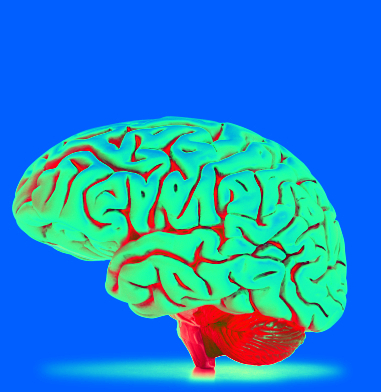Beta drug test abandoned
 Trials of a much-anticipated new Alzheimer’s drug have failed.
Trials of a much-anticipated new Alzheimer’s drug have failed.
Pharmaceutical company Eli Lilly has announced its large clinical trial for a drug called solanezumab has failed for the second time.
The latest tests were a repeat of an earlier clinical trial of the drug, but this time testing it in patients with early-stage Alzheimer's disease.
The results were anticipated not only because of hope for people with dementia, but because the drug could have demonstrated that beta amyloid contributes to the cause of Alzheimer's disease - a major but recently controversial theory in the field.
Beta amyloid is a protein that forms clumps in the brains of Alzheimer's patients, but scientists do not yet have the full picture on the cause of the disease.
“This is disappointing news for families who are watching Alzheimer's rob their loved ones of their memories and emotions - it consumes and absorbs families,” said Australian neuroscientist Dr Bryce Vissel.
“Importantly, this isn't the end for beta amyloid theory. There's a trial of another important drug for Alzheimer's, aducanumab, being run by Biogen [another pharmaceutical company] which has shown interesting and encouraging signs.
“And there are numerous other trials in the pipeline of drugs which act in a variety of different ways to try to slow or reverse Alzheimer's.
“There's good reason to have hope and optimism that a treatment will become available for this devastating disease in our lifetimes.”
There are more than 353,800 Australians living with dementia, and the costs of managing the disease are expected to rise to $83 billion by the 2060s, representing around 11 per cent of Australia's health and residential aged care sector spending.








 Print
Print